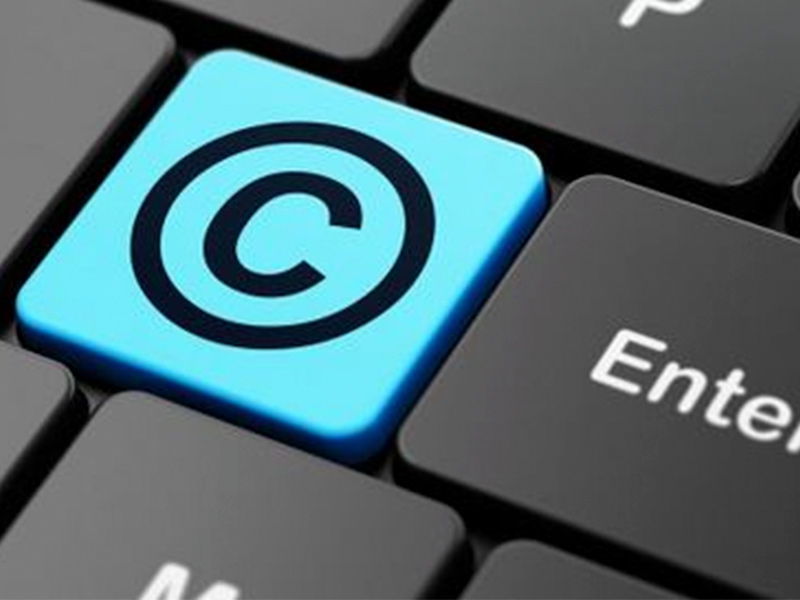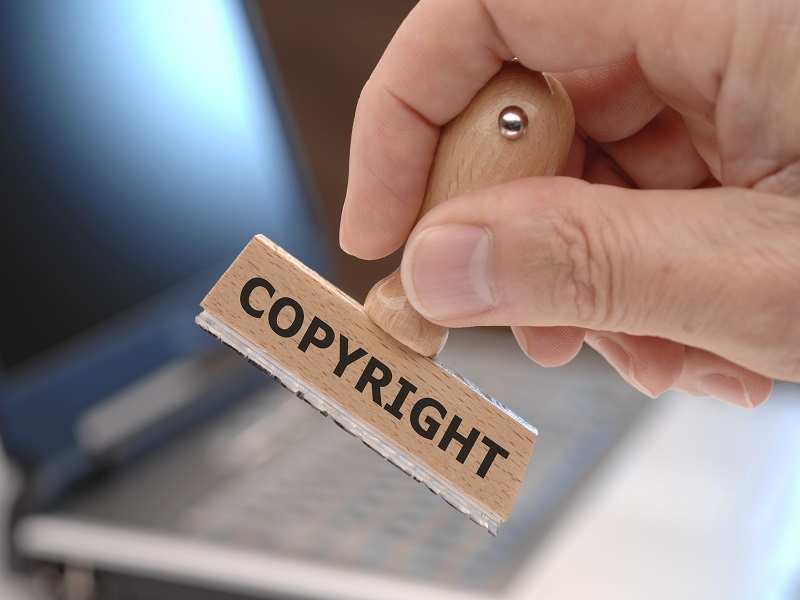Copyright infringement is the unauthorized use of copyrighted material, including but not limited to copying, distributing, performing, or displaying the work. Copyright law grants exclusive rights to the creators of original works, and infringement of those rights can result in legal consequences.
The legal consequences of copyright infringement can be severe. In some cases, infringers may be subject to monetary damages, which can include both actual damages suffered by the copyright owner and any profits gained by the infringer as a result of the infringement. In addition, infringers may be required to pay attorneys’ fees and court costs.
In some cases, copyright infringement may also result in criminal penalties. Under the Digital Millennium Copyright Act (DMCA), willful infringement of copyright can result in fines of up to $250,000 and imprisonment for up to five years.
One of the most common defenses to copyright infringement is the fair use doctrine. Fair use is a legal principle that allows limited use of copyrighted material without the permission of the copyright owner. Examples of fair use include using copyrighted material for criticism, commentary, news reporting, teaching, scholarship, or research.
However, determining whether a particular use is fair use can be complex and fact-specific, and the courts consider a variety of factors in making this determination. These factors include the purpose and character of the use, the nature of the copyrighted work, the amount and substantiality of the portion used, and the effect of the use on the potential market for or value of the copyrighted work.

In addition to fair use, there are other limitations and exceptions to copyright law that may allow the use of copyrighted material without infringing on the owner’s rights. For example, the doctrine of first sale allows the owner of a lawfully obtained copy of a copyrighted work to sell or otherwise dispose of that copy, even if the copyright owner objects. Similarly, the library and archive exception allows libraries and archives to make copies of certain works for preservation purposes or to provide access to patrons.
If you are accused of copyright infringement, it is important to seek legal advice immediately. An experienced attorney can evaluate the specific facts of your case and help you determine the best course of action. In some cases, it may be possible to settle the matter out of court, while in others, litigation may be necessary.
Copyright infringement can result in serious legal consequences, including monetary damages, attorneys’ fees, and even criminal penalties. While fair use and other limitations and exceptions to copyright law may provide some protection against infringement claims, determining whether a particular use is permitted can be complex and fact-specific. If you are accused of copyright infringement, it is important to seek legal advice from an experienced attorney. By understanding your rights and obligations under copyright law, you can avoid potential legal pitfalls and protect your creative works.






Comments